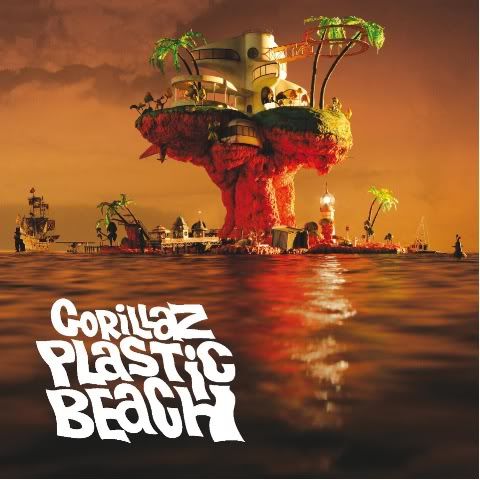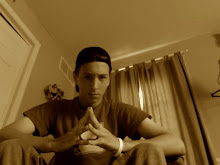When I started this blog, I was given the advice of not reviewing a book I disliked. It was in the spirit of not dunking on a book just to flex strength of clever barbs and digs.
So when I say I disliked this book and still intend on reviewing it, I am aware of the greater rule I am breaking here. But this book got an emotional response from me. It is effective satire of holding a funhouse mirror up to the world and asking it's audience if they like what they are seeing.
You know how there is the trope of one mirror making to look tall and the next making you look short. The world of Mun Mun makes this metaphor literally tied to a person's personal wealth. The richer the person, the physically bigger they are able to become.
There is a banking system to keep track of an individual's base wealth or "scale", determining the person's size. And a second account for cash flow purposes of maintaining that lifestyle.
The book follows a tenthscale teenager, about the size of a rat (animal sizes are not tied to wealth, which makes its own kind of sense). On the first page, he details the tragedy of losing his father to a larger scale person being bullied and pushed into crushing the tiny family's house and killing his dad. Then his mom was hustling to put bread on the table and a cat attacked her and messed up her spine. Life sucks when you live in fear all the time, and the larger people don't want to suffer the consequences, morally or financially for the misfortune and fallout of the poor and their small lives.
So the main character, Warner, has a mission of getting rich and growing bigger to escape that miserable existence. Also, in this world, there is a shared dreamspace, and Warner is skilled at shaping environments to his creative will. It is a great equalizer to be able to dream big and turn the tables on your tormentors in their sleep by invading their dreams and giving them nightmare landscapes. But, alas, he always has to wake up and accept that this power does not carry over to monetization in the real world where it is life or death.
Mostly, this book shines a light on how those with money can shape the world to their desires, live larger than life, trample the less fortunate and unprotected under their feet, and don't want to be bothered. If they are held accountable for making the world a better place, why should THEY be the ones to suffer? They might have to downsize and live a smaller life, be inconvenienced, be exposed to more risk. No, it is better to try to keep their heads up and try to conserve their wealth to try to grow even bigger and reduce their exposure. And so the cycle continues.
And when the bigs do think of the littles, it is irritation at giving them a handout. If they are little, they probably deserve to be little. Because you have to work hard, be a productive member of society, and earn money to get ahead. Those who succeed get big.
However, Warner and his family are tiny. Navigating the world takes longer, having to avoid hazards that the big people can sidestep or subdue. Also, Warner is illiterate, as books are not made in his scale, let alone schools. Why waste resources on tiny people? They are an afterthought, if they must be thought about at all.
This book details how difficult life is when you are born in a cycle of poverty. A recent tweet I saw was, "You did not make good choices, you HAD good choices." And Warner does not have access to good choices for the majority of the book. His attempts to better himself and gain a foothold on becoming a productive member of society are hampered by the reality that this world is not configured in a way that gives him a chance to succeed. The paths are paved for people that society has deemed are eligible for a chance of potential for growth, and resources go to supporting that system continuing.
Overall, I did not enjoy reading this book, but do recommend reading it for its critiques of the pitfalls of social and economic systems. I don't want the world to be as bleak and dismal as depicted here, but know that this discomfort is not from its foreignness, but how familiar and logical it feels. It is a cold system and I want to be a warmer person, but this book is a chill wind that causes me to shiver and I hope summer will come soon on humanity and its consciences.
These were not very fun
Economic metaphors
Get Rich or be squashed.


